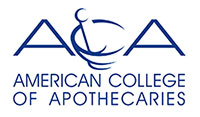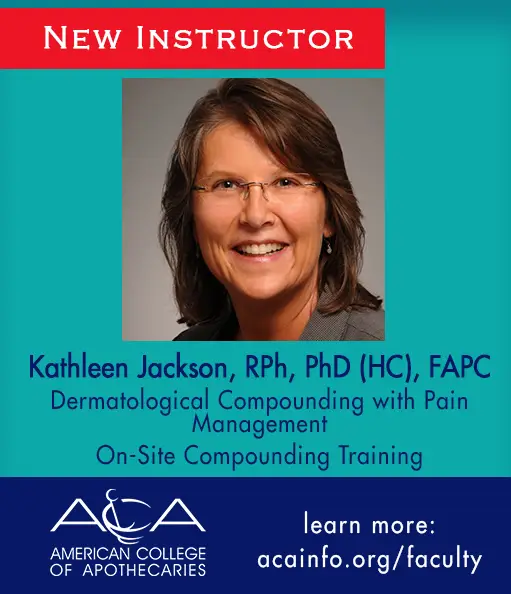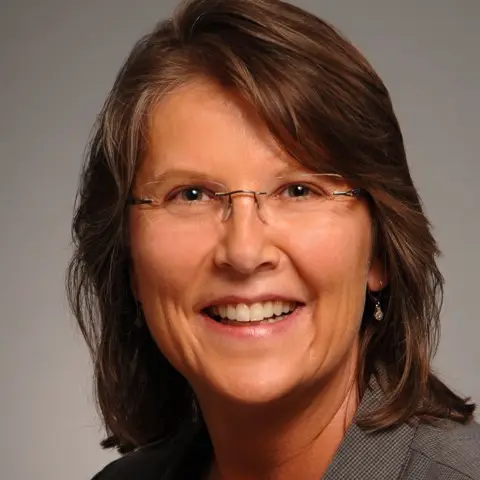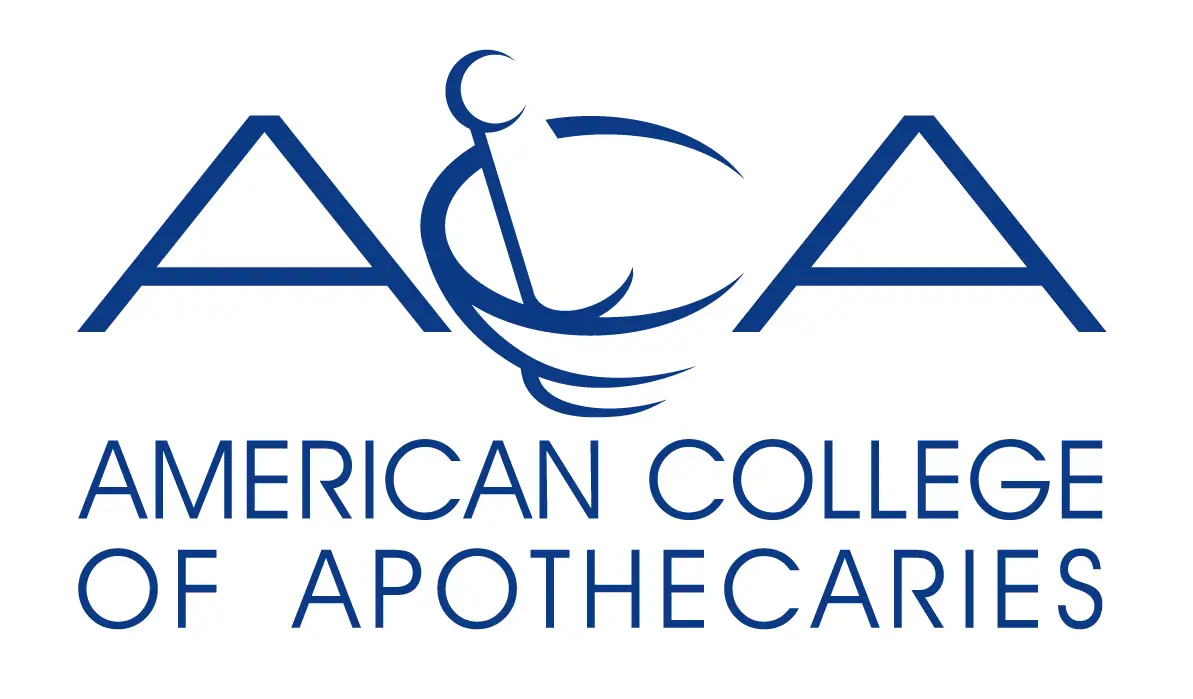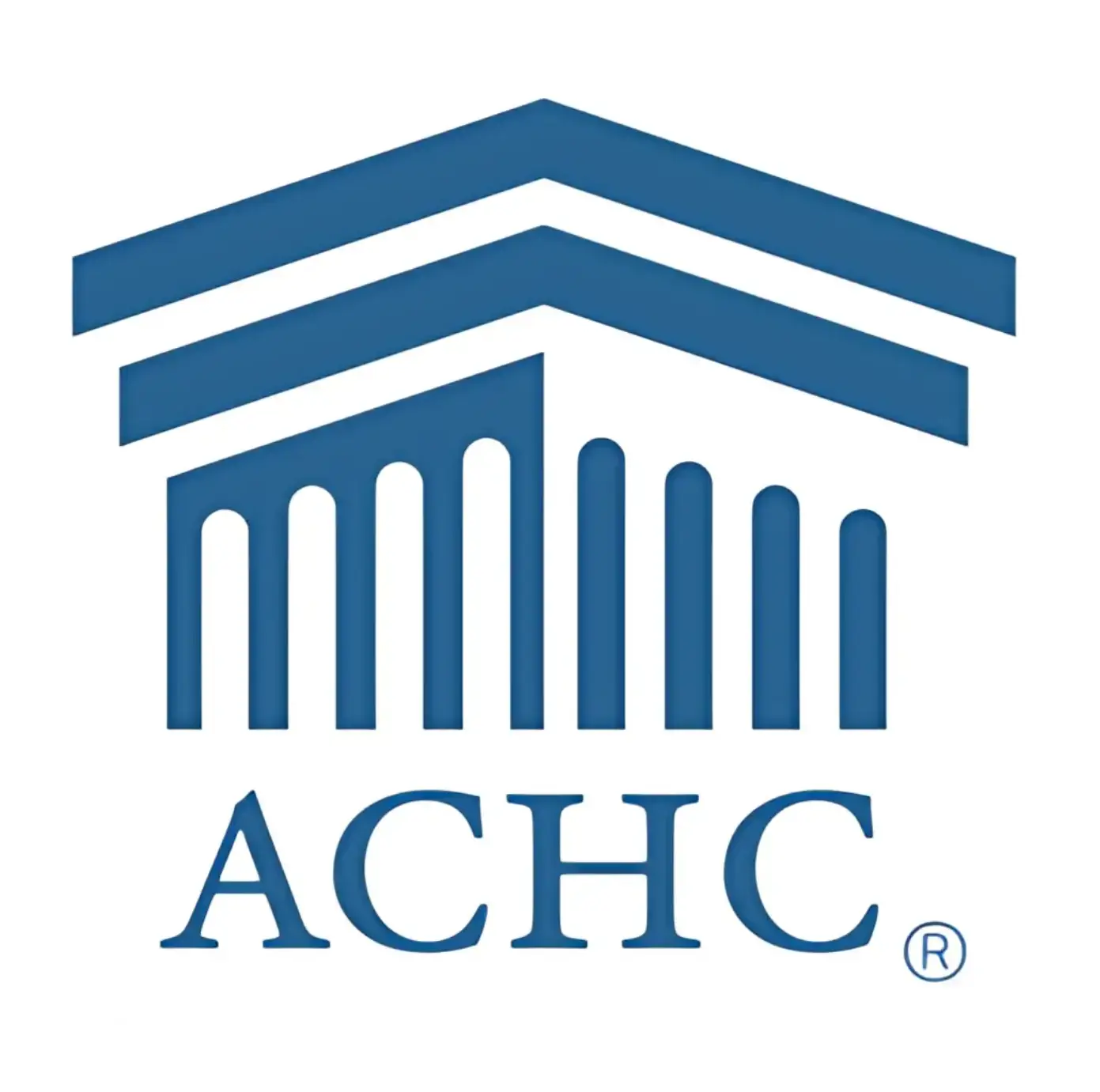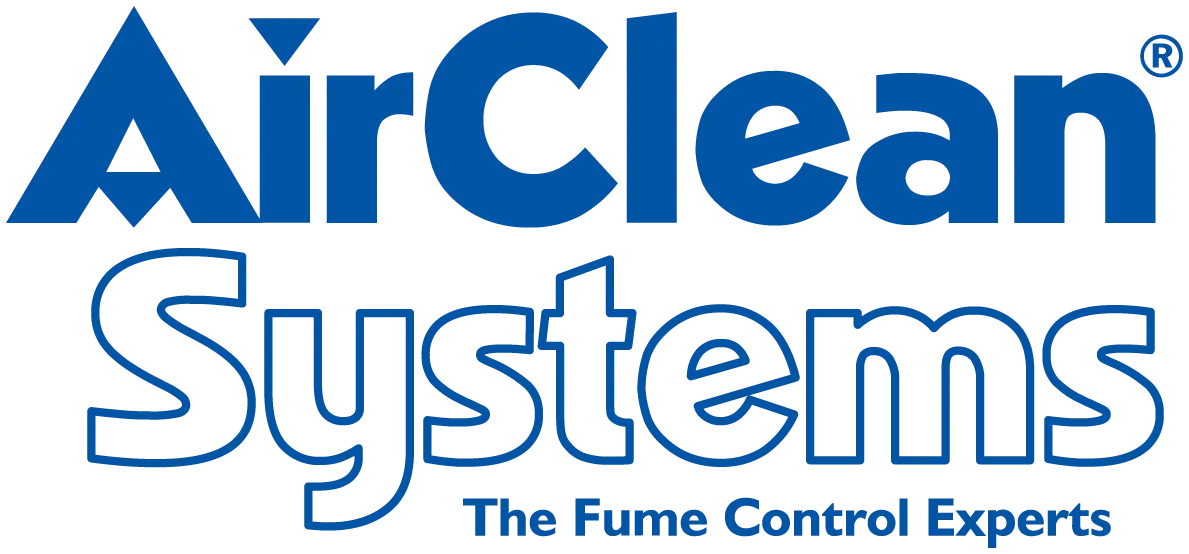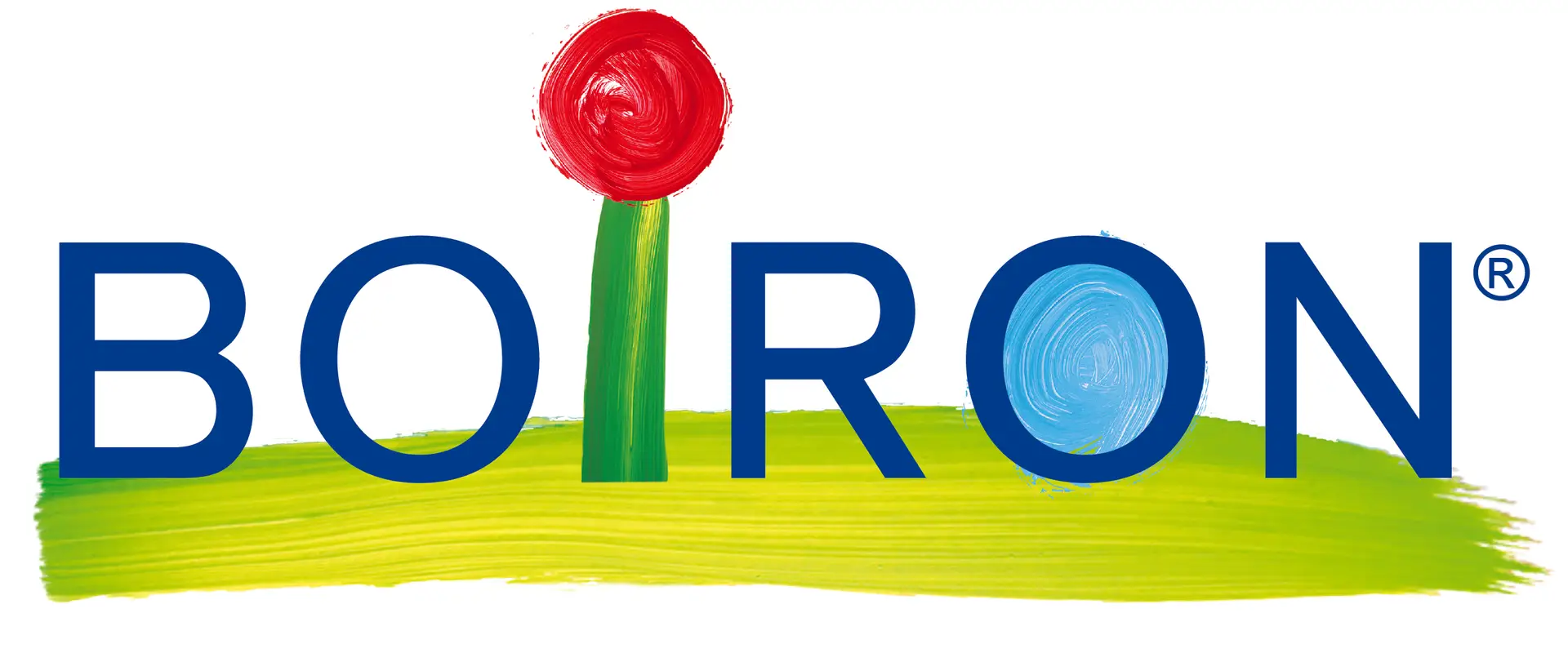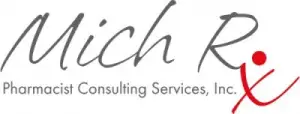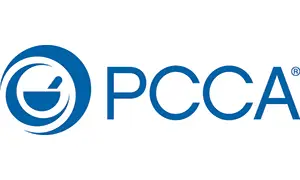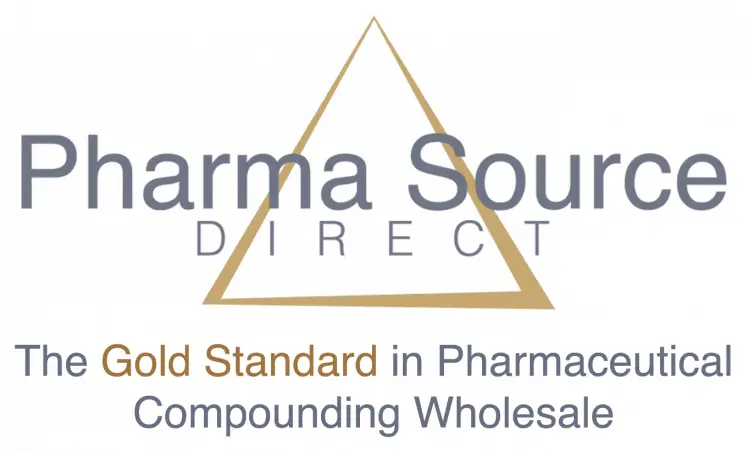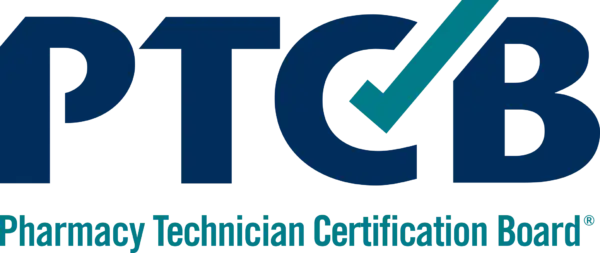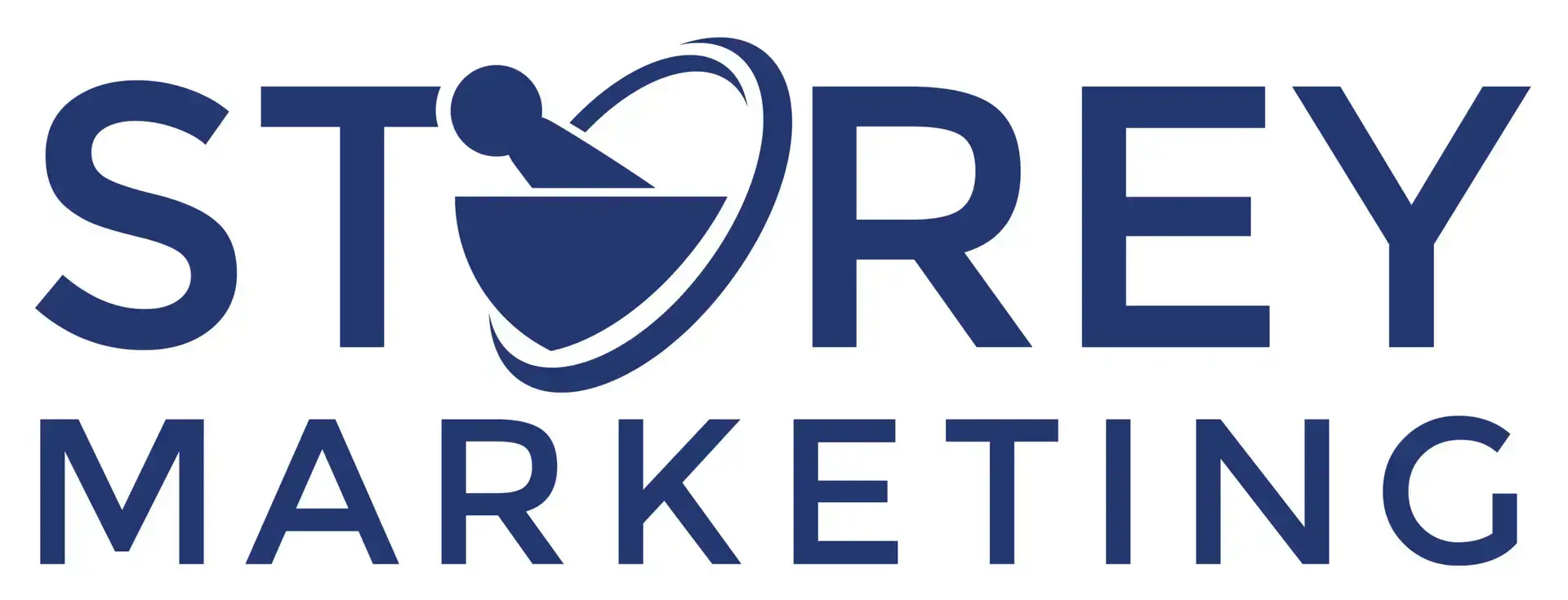TRHC Partners with American College of Apothecaries (ACA) to offer MedWise™ to Members
MOORESTOWN, N.J., November 16, 2020 — Tabula Rasa HealthCare (Nasdaq: TRHC), a healthcare technology company advancing the field of medication safety, announces today a strategic alliance with the American College of Apothecaries (ACA). ACA, a national pharmacy organization dedicated to the advancement of professional practice in independent community pharmacy through entrepreneurship, will provide its members the ability to license TRHC’s medication safety software, MedWise™ and the opportunity to become MedWise Certified Advisors™ through TRHC.
“Partnering with Tabula Rasa HealthCare provides our members with access to innovative technologies, like MedWise, that will help them improve medication safety in patients who have a high burden of disease and complex medication regimens.” said ACA Executive Vice President/CEO Susan Bartlemay, RPh, FACA, FAPhA. “Our collaboration with TRHC furthers ACA’s commitment to providing exemplary pharmacy resources to community pharmacists.”
TRHC’s MedWise software provides science-based, actionable clinical intelligence to pharmacists, including a patient’s MedWise Risk Score™ (MRS). The MRS calculation uses active medication ingredients of a patient’s complete medication list, including over-the-counter supplements to predict the risk of medication problems and adverse drug events (ADEs). A published study, involving nearly 2,000 patients, found that a lower MRS correlated with fewer adverse drug events, emergency department visits, hospitalizations, and lower medical costs.
“As a former President of ACA, I understand how vital innovation and new technologies are in keeping community pharmacists at the top of their profession,” states TRHC Chairman and CEO Calvin H. Knowlton, PhD. “ Offering ACA members a way to identify high risk patients, and the opportunity to become certified MedWise Advisor™ is just the beginning of how our partnership will help improve medication safety in patients who are at risk for adverse drug events, due to their complex medication regimens.”
About Tabula Rasa HealthCare
Tabula Rasa HealthCare (TRHC) provides medication safety solutions empowering healthcare professionals to optimize medication regimens and reduce medication-related risk, specifically targeting adverse drug events. Utilizing its proprietary medication decision science technology, MedWise™, TRHC improves patient outcomes, reduces hospitalizations, and lowers healthcare costs. Additionally, TRHC offers an extensive clinical telepharmacy network across the U.S. Our suite of solutions are trusted by health plans and pharmacies nationwide to help drive value-based payment results. For more information, visit TRHC.com
About the American College of Apothecaries
For 80 years, the American College of Apothecaries (acainfo.org) has been dedicated to the advancement of professional practice in independent community pharmacy through education, entrepreneurship, and mentoring. The Fellows and members of ACA are committed to best practices in pharmacy and quality healthcare for their communities.
ACA offers a way for pharmacists, pharmacy technicians, marketers, and students to connect with other pharmacy professionals to discuss areas of mutual interest and strengthen individual practice. This effort is supported through webinars, on-demand continuing education (CE), compounding classes, conferences and other events. ACA’s educational programming is available to all pharmacy professions, including non-members.
Forward-Looking Statements
This press release includes forward-looking statements that we believe to be reasonable as of today’s date, including statements regarding Medication Risk Mitigation technology. Such statements are identified by use of the words “anticipates,” “believes,” “estimates,” “expects,” “intends,” “plans,” “predicts,” “projects,” “should,” and similar expressions. These forward-looking statements are based on management’s expectations and assumptions as of the date of this press release. Actual results might differ materially from those explicit or implicit in the forward-looking statements. Important factors that could cause actual results to differ materially include: the need to innovate and provide useful products and services; risks related to changing healthcare and other applicable regulations; increasing consolidation in the healthcare industry; managing our growth effectively; our ability to adequately protect our intellectual property; and the other risk factors set forth from time to time in our filings with the SEC, including those factors discussed under the caption “Risk Factors” in our most recent annual report on Form 10-K, filed with the SEC on March 2, 2020, and in subsequent reports filed with or furnished to the SEC, copies of which are available free of charge within the Investor Relations section of the TRHC website ir.trhc.com or upon request from our Investor Relations Department. Any forward-looking statement speaks only as of the date on which it was made. TRHC assumes no obligation and does not intend to update these forward-looking statements, except as required by law, to reflect events or circumstances occurring after today’s date.
ACA Fellows and Members have exclusive access to a 20% discount to the MedWise™ Decision Support Program. Click below to take advantage of this opportunity, and to elevate your pharmacy workflow through one-of-a-kind, science-based decision support tools.
Want more information? Have Questions?
Join us at an exclusive live Product Theatre and discover how MedWise™ can help your pharmacy ensure medication safety, efficacy, and adherence. Click the links below to register now.
Wednesday, Nov 18th (12pm ET / 11am CT/ 10am MT / 9am PT))
https://cognify.zoom.us/meeting/register/tJMtfuqtpzkvGtWKtQI7djjhB96POAY-X85X
Tuesday, Nov 24th (8pm ET / 7pm CT / 6pm MT / 5pm PT)
https://cognify.zoom.us/meeting/register/tJEtcumprjguGNRpvznmgGCflvu3je7-T25o
Thursday, Dec 3rd (3pm ET / 2pm CT / 1pm MT / 12pm PT).
https://cognify.zoom.us/meeting/register/tJwqfuqhqjMsGtHRj9KyQ3fM66WFH67HFWRm
